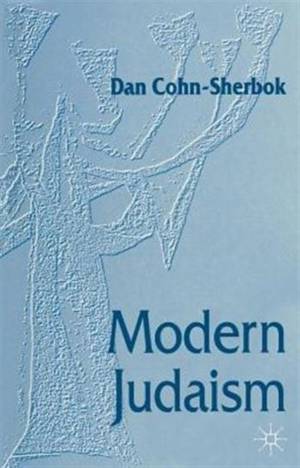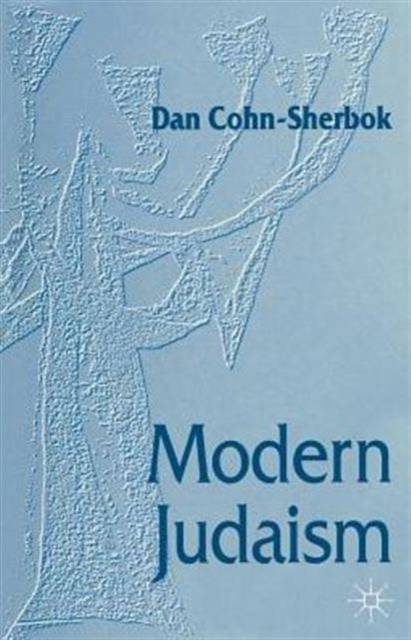
- Afhalen na 1 uur in een winkel met voorraad
- Gratis thuislevering in België vanaf € 30
- Ruim aanbod met 7 miljoen producten
- Afhalen na 1 uur in een winkel met voorraad
- Gratis thuislevering in België vanaf € 30
- Ruim aanbod met 7 miljoen producten
Zoeken
Omschrijving
Since the post-Enlightenment, Jews have fragmented into a variety of sub-groups, each with their own religious ideology. This book provides a description as well as a critique of these various Jewish religious groups and offers an alternative model of Judaism based on an assessment of the nature of contemporary Jewish life. As will be seen, modern Jews are deeply divided on a wide variety of issues. Given this situation, no uniform pattern of Jewish existence can be imposed from above, nor is it likely to emerge from within the body of Israel. What is required instead is a philosophy of Jewish autonomy which legitimizes Jewish subjectivity and personal decision-making. This philosophy of Judaism - which is referred to in this study as 'Open Judaism' - provides a new foundation for Jewish life as Jews stand on the threshold of the third millennium.
Specificaties
Betrokkenen
- Auteur(s):
- Uitgeverij:
Inhoud
- Aantal bladzijden:
- 260
- Taal:
- Engels
Eigenschappen
- Productcode (EAN):
- 9780333621028
- Verschijningsdatum:
- 18/06/1996
- Uitvoering:
- Paperback
- Formaat:
- Trade paperback (VS)
- Afmetingen:
- 140 mm x 216 mm
- Gewicht:
- 358 g

Alleen bij Standaard Boekhandel
+ 335 punten op je klantenkaart van Standaard Boekhandel
Beoordelingen
We publiceren alleen reviews die voldoen aan de voorwaarden voor reviews. Bekijk onze voorwaarden voor reviews.











